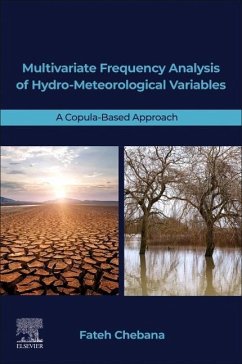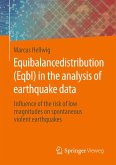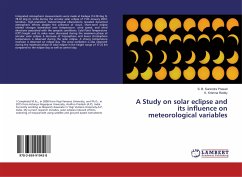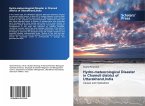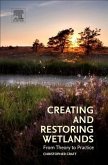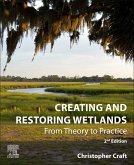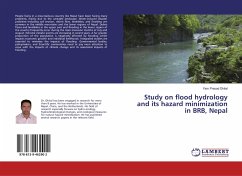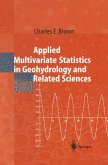Multivariate Frequency Analysis of Hydro-Meteorological Variables: A Copula-Based Approach provides comprehensive and detailed descriptions of the approaches and techniques used in multivariate frequency analysis (including, but not limited to copula functions), with illustrative examples and real-life case studies provided. The book presents all background material and new developments in one place, presenting the material in a homogeneous and pedagogical way in order to allow students, engineers and researchers to access and efficiently use all information surrounding this topic.
This reference can be used as a guide to apply the available and recent approaches to evaluate hydro-meteorological risks, to design hydraulic structures, in teaching (faculty members), and as a literature review to go to the next steps in research projects (graduate students and postdocs).
Hinweis: Dieser Artikel kann nur an eine deutsche Lieferadresse ausgeliefert werden.
This reference can be used as a guide to apply the available and recent approaches to evaluate hydro-meteorological risks, to design hydraulic structures, in teaching (faculty members), and as a literature review to go to the next steps in research projects (graduate students and postdocs).
Hinweis: Dieser Artikel kann nur an eine deutsche Lieferadresse ausgeliefert werden.

